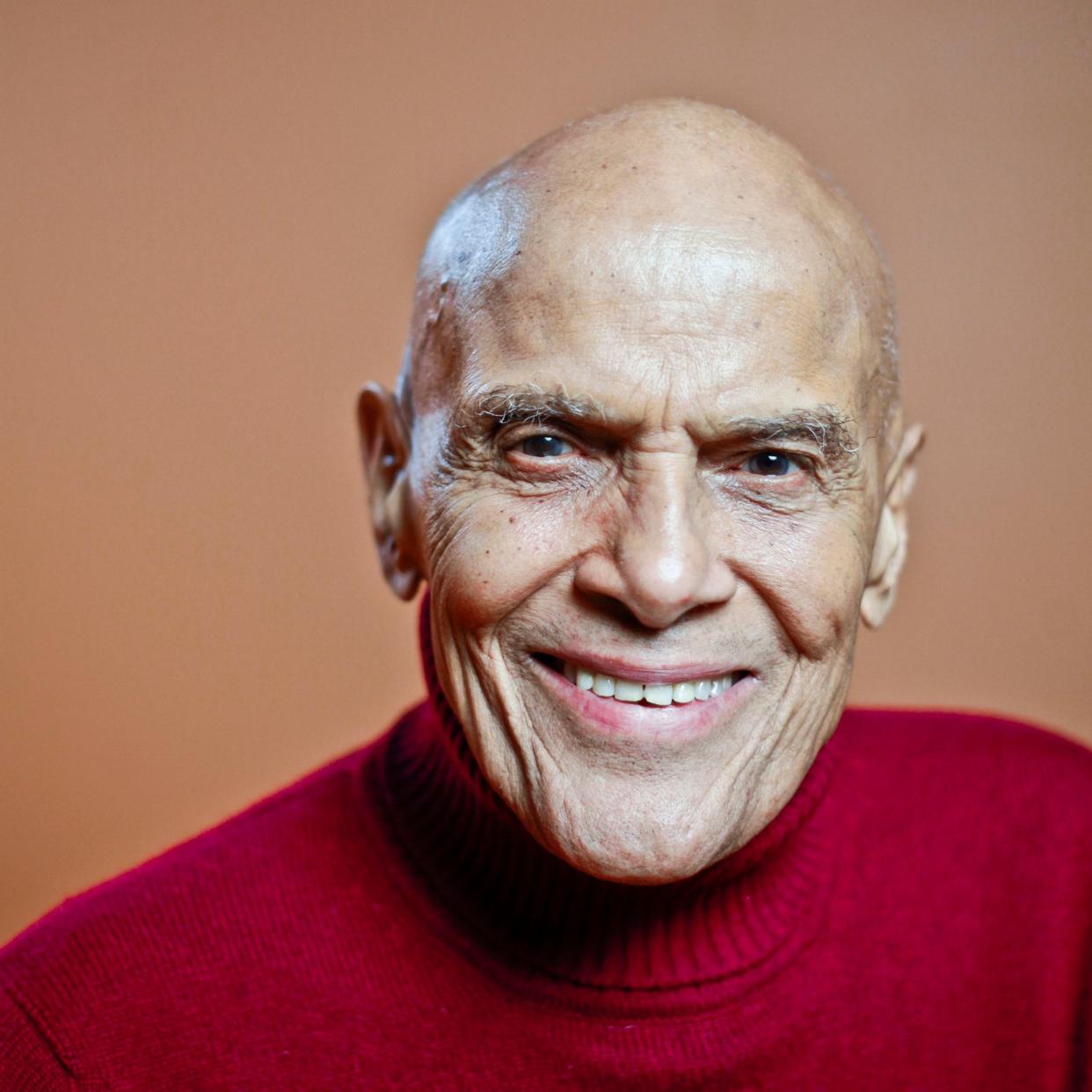Black Hollywood: They've Gotta Have Us review – pungent anecdotes and inspiring stories

I auditioned for my first pimp part. My mother’s praying for me – ‘be the best pimp you can be,’” said writer-director-actor Robert Townsend, recalling his early experiences in the film industry in the Eighties. Townsend is, it hardly needs saying, black, and Simon Fredrick’s Black Hollywood: They’ve Gotta Have Us (BBC Two) was full of such telling, pungent anecdotes.
As in Fredrick’s previous series, Black is the New Black, familiar figures related their stories against a bare backdrop. This time, however, the focus was not the black experience per se, but how it has been reflected in cinema, courtesy of director Barry Jenkins, actors Earl Cameron and Laurence Fishburne, and many others.
After whirlwind modern context acknowledging Moonlight and Black Panther, Fredrick whisked us back to the era of blacked-up white actors and reprehensible racial caricatures. Interracial relationships on-screen were forbidden under the Hays Code, yet after Hattie McDaniel’s Academy Award (she was the only black person in the room on Oscars night), Sidney Poitier and Harry Belafonte found ways to circumvent the issue, with Belafonte enthusiastically recalling how sharing a coconut with Joan Fontaine in Island in the Sun worked as a metaphor for an orgasm.
Such small but significant victories were embodied in Poitier, whose noble persona became a straitjacket but helped move black casting beyond stereotypes and proved vital for future generations of black actors, writers and directors to either emulate or kick against.
Chief among these was Spike Lee, whose work dominated the second half of the documentary. The rush to reach the modern era meant significant, unfortunate omissions – perhaps Paul Robeson proved too complex a character to crowbar into the scattershot narrative – but the narrators were still inspiring, their stories indubitably worth hearing.